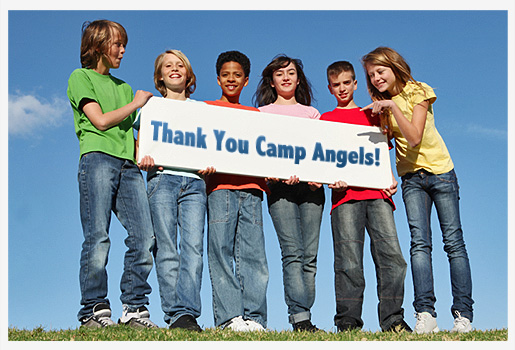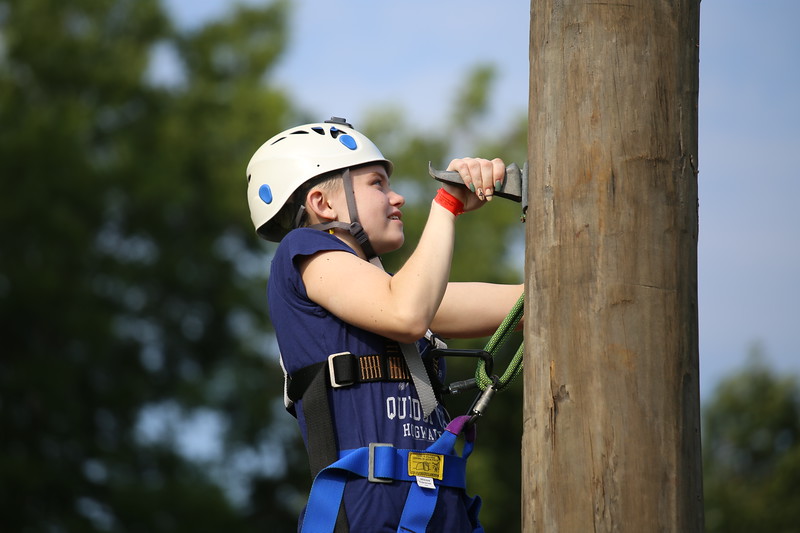All of our campers come from financially challenged families and receive partial scholarships.
We invite you to become a Camp Angel by sponsoring a child to attend camp.
Camp Angels is a 501(c)(3) organization and all donations are tax-exempt in accordance with IRS regulations.


